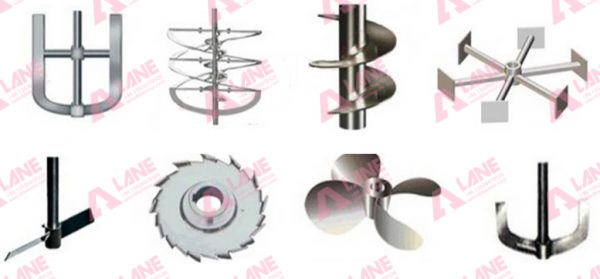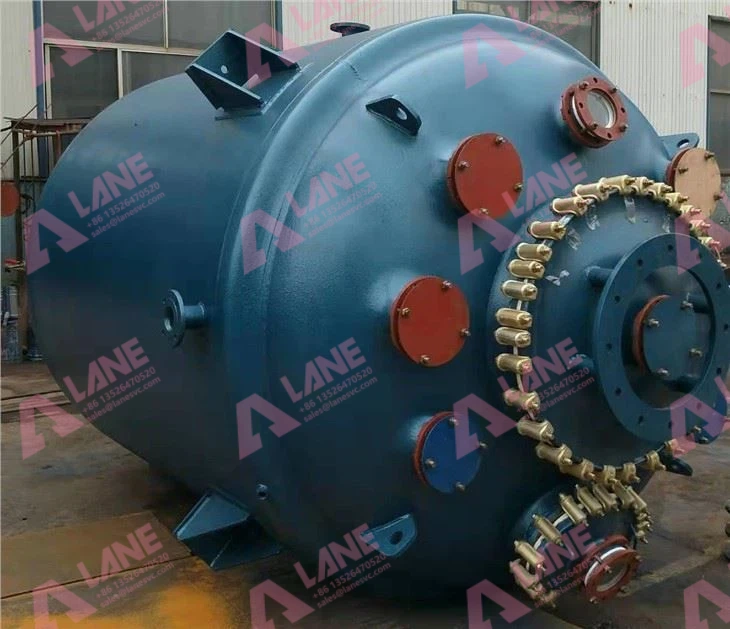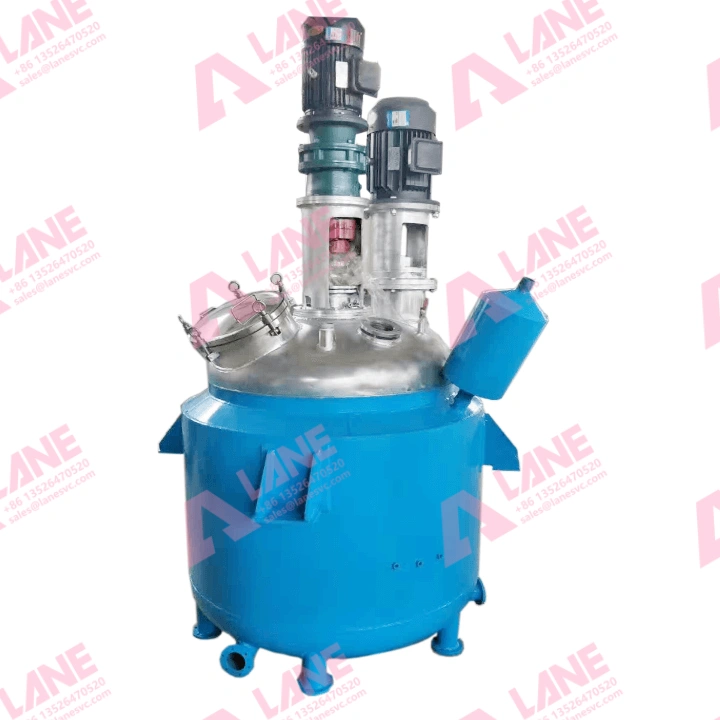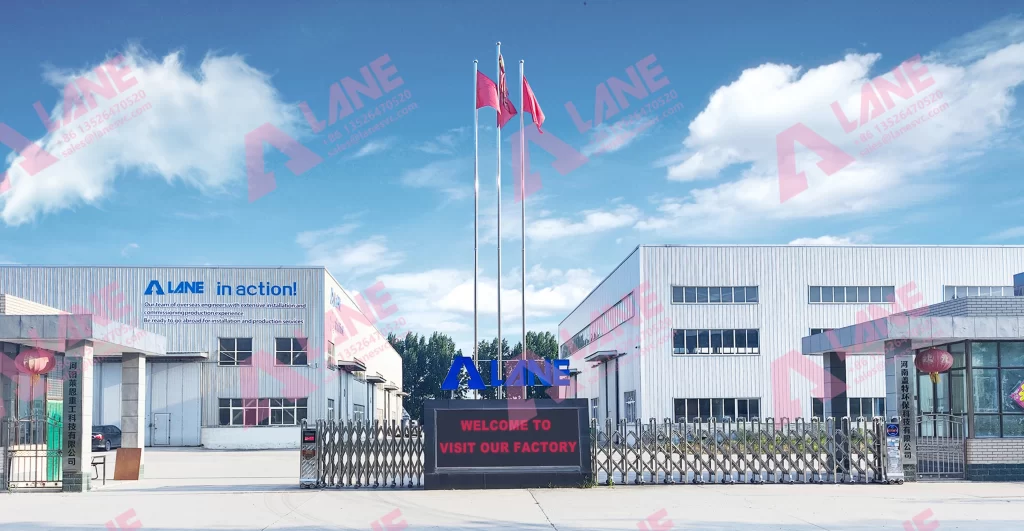Release time:2025-11-05 popularity:407
In modern industrial production, reactors are the heart of many processes—from fertilizer manufacturing to chemical synthesis and pharmaceutical production. Achieving efficient and stable reactions is essential to maximize yield, reduce energy costs, and maintain product consistency.
That’s where Reactor Process Optimization comes in. By optimizing reactor design, operation, and control systems, industries can achieve higher productivity, longer equipment life, and sustainable operations.
Reactor Process Optimization refers to the systematic improvement of chemical reaction processes inside reactors. It involves optimizing operating parameters such as temperature, pressure, mixing, and catalyst performance to achieve the best possible reaction outcomes.
The goal is to ensure the reaction proceeds efficiently, with minimal energy loss and maximum conversion rate, while maintaining safety and product quality.
Several factors directly influence reactor efficiency and performance:

Glass lined reactors are widely used in chemical, fertilizer, and pharmaceutical industries due to their excellent corrosion resistance and chemical stability.
Optimization Tips:

Stainless steel reactors are ideal for high-pressure or high-temperature reactions and are suitable for industries like hydrogenation, polymerization, and liquid fertilizer production.
Optimization Tips:
Carbon steel reactors are durable and cost-effective, suitable for large-scale production in fertilizers and base chemicals.
Optimization Tips:

Liquid reactors are used for liquid-phase synthesis and mixing reactions, where fluid dynamics play a crucial role.
Optimization Tips:
Simulation and Modeling: Use computational tools to analyze heat transfer, fluid flow, and reaction kinetics.
Automation and Control Systems: Smart sensors and PLCs help maintain ideal operating conditions.
Data-Driven Decision Making: AI and machine learning can predict process fluctuations and suggest optimal settings.
Energy Recovery Systems: Heat exchangers and condensers improve energy efficiency.
Predictive Maintenance: Data monitoring ensures early detection of mechanical issues, reducing downtime.
Reactor optimization is a pivotal technology for enhancing efficiency and sustainability across modern industry. This discipline focuses on fine-tuning reaction conditions to boost conversion rates, reduce energy consumption, and guarantee product quality. By achieving sophisticated control over the reaction process, industries can maximize cost-effectiveness while meeting increasingly stringent environmental and safety regulations. The technology offers vital improvements across several critical industrial sectors:
Fertilizer Industry: Significantly boosts production efficiency and product purity for both phosphoric acid and NPK compound fertilizers.
Chemical Industry: Enhances the performance of core reactions such as polymerization, oxidation, and esterification, facilitating the development of new materials.
Pharmaceutical Industry: Essential for ensuring the purity, batch consistency, and safety of synthesized compounds, which is crucial for regulatory compliance.
Environmental Applications: Provides robust support for industrial waste treatment, contaminant degradation, and various Green Chemistry initiatives.
Reactor Process Optimization is essential for industrial competitiveness, significantly boosting efficiency and yield while cutting energy and operational costs. This strategy, alongside robust Reactor Maintenance Best Practices, extends equipment lifespan and minimizes unplanned downtime, guaranteeing process safety, stability, and product uniformity. Ultimately, these efforts are crucial for meeting sustainability goals and environmental compliance.
Implementing optimization involves key challenges. Scaling Up demands careful parameter recalibration from lab to industrial volumes. To counteract corrosion and material fatigue, Reactor Maintenance Best Practices emphasize selecting resistant materials and scheduling preventive maintenance. Instrumentation failures are addressed by regular sensor calibration. Finally, process variability is best managed through data-driven monitoring systems to ensure high reproducibility.
Reactor Process Optimization plays a crucial role in improving the overall efficiency and sustainability of industrial operations. It is not just about adjusting equipment parameters — it involves a comprehensive approach that integrates advanced control systems, material selection, and energy management. For any industrial plant aiming to enhance performance, reduce operational costs, and achieve long-term sustainable growth, Reactor Process Optimization is a key strategy.
By selecting the right type of reactor—whether Glass Lined Reactor, Stainless Steel Reactor, Carbon Steel Reactor, or Liquid Reactor—manufacturers can tailor the process to meet specific production requirements. When combined with modern optimization techniques such as automated monitoring, thermal efficiency improvement, and real-time data analysis, Reactor Process Optimization ensures safer, more efficient, and environmentally friendly operations. This systematic approach not only enhances productivity but also supports cleaner and smarter industrial development.

For more details, please feel free to contact us.
Henan Lane Heavy Industry Machinery Technology Co., Ltd.
Email: sales@lanesvc.com
Contact number: +86 13526470520
Whatsapp: +86 13526470520